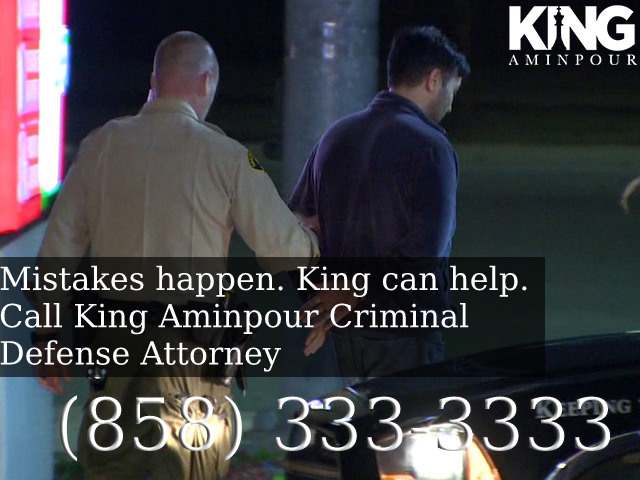What is a misdemeanor?
A misdemeanor is a crime that can lead to jail time. Although a misdemeanor is more serious than an infraction, it is not as serious as a felony. In San Diego, the maximum sentence is 364 days in county jail if you are guilty of committing a misdemeanor.
California has two basic categories of misdemeanors: standard and gross/aggravated.
Standard misdemeanors are punishable by up to 6 months in jail and/or a fine of up to $1,000. Examples of standard misdemeanors include drug possession, public intoxication, prostitution, and shoplifting.
Gross or aggravated misdemeanors are more serious than standard misdemeanors. They are punishable by up to 364 days in jail and/or a fine that can exceed $1,000. Examples of gross or aggravated misdemeanors include domestic battery, driving on a suspended license, DUI (without injury), and violating a restraining order.
I have been accused of committing a misdemeanor. Do I need an attorney?
Whether you are innocent or at fault, if you have been accused of a misdemeanor, you can face consequences that will affect you and your family for many years to come. Although you have the right to represent yourself in hearings and during your trial, you are strongly advised to seek legal counsel.
An experienced criminal lawyer will help you navigate the complicated justice system, extensive paperwork, critical negotiations, and any unexpected legal complications.
What happens if I’m arrested for a misdemeanor in San Diego?
If you have been arrested and accused of committing a misdemeanor, you will face a criminal justice system that can be intimidating and confusing. It helps to know what to expect, be aware of your rights, and get the guidance you need from an experienced attorney.
After your arrest, the District Attorney’s office or the City Attorney’s office will decide whether to file formal charges against you. If you are charged with committing a crime, you will go through one or all of the following steps:
- Arraignment. This is a formal court appearance, when you must make a plea of guilty, not guilty, or no contest. The judge will explain your constitutional rights, determine the bail amount, and the amount of time that must be served in jail, if any.
- Bail hearing. If you must await trial while still in jail, the court will decide if you can be released prior to the trial. The conditions of release can include payment of bail.
- Pre-trial preparations. If your case is going to trial, preparations can include discovery, negotiations, and motions to dismiss charges.
- Jury or bench trial. As a defendant in California, you have a right to a jury trial. However, you can also choose a bench trial, which is decided by a judge.
- Appeal. If you do not agree with the jury or the court’s decision, or if you believe you have been denied justice in the earlier proceedings, you have the option to appeal.
